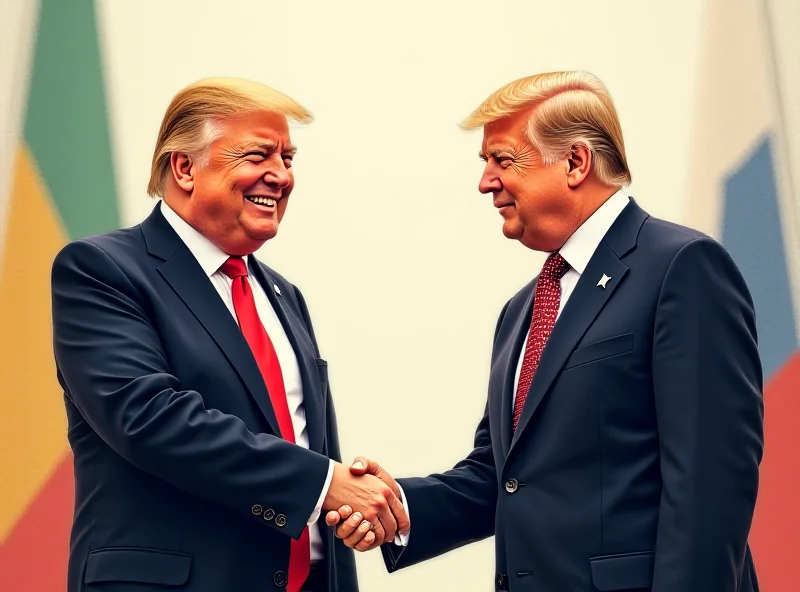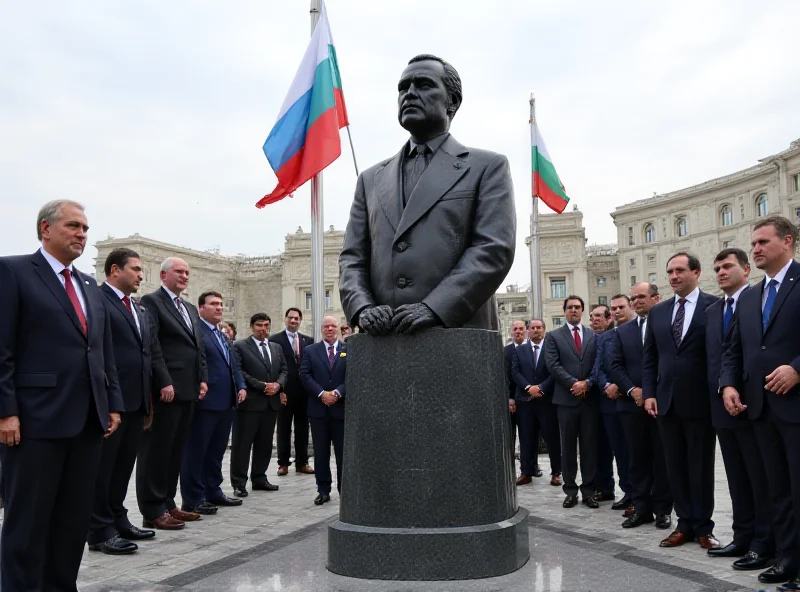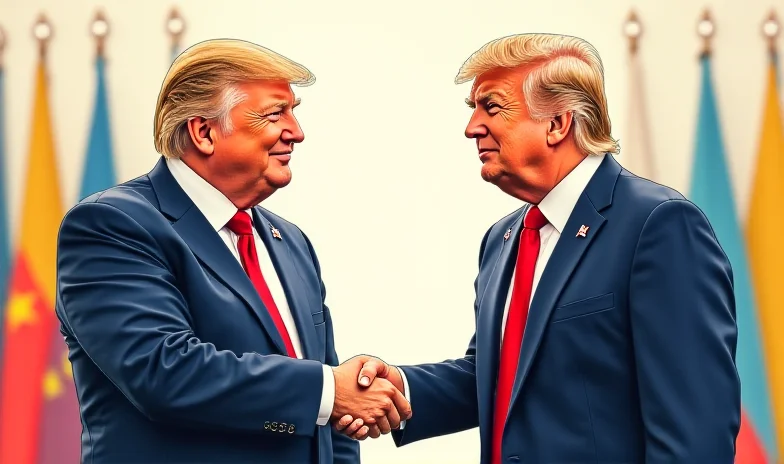Recent events involving Russia, Ukraine, and the United States have sparked varied reactions, painting a complex picture of international relations. From discussions surrounding potential peace agreements to shifts in cyber warfare strategies, the geopolitical landscape remains dynamic.
Trump-Zelenski Meeting: Differing Perspectives
Following a meeting between Donald Trump and Volodymyr Zelenski, reactions from Russia and Ukraine have diverged significantly. Moscow appears to be downplaying any heightened tensions, while Kyiv is reportedly concerned about the possibility of losing crucial U.S. support in future peace negotiations. This highlights the delicate balancing act Ukraine faces as it navigates international alliances in its ongoing conflict.

The fear in Kyiv stems from the potential for a shift in U.S. foreign policy under a different administration. Losing that support could significantly impact Ukraine's negotiating power and overall strategy in seeking a resolution to the conflict. Some have dismissed the meeting as "part of a spectacle," but the underlying concerns are very real.
Hegseth's Actions: Cyber Warfare and Clinton's "Reset"
Defense Secretary Pete Hegseth has recently made headlines by ordering the Pentagon to cease offensive cyber operations against Russia. This decision marks a potential shift in U.S. cyber warfare strategy and raises questions about the future of digital engagement between the two nations.
Adding another layer to the complex relationship, Hegseth also recently criticized Hillary Clinton's past attempts to "reset" relations with Russia. This critique came after Clinton seemingly attacked Hegseth, prompting him to highlight her previous failed policy initiative. The exchange underscores the ongoing political debate surrounding U.S.-Russia relations and the legacy of past diplomatic efforts.

Moscow Honors Heydar Aliyev
In a separate event, Moscow hosted a monument laying ceremony to honor Heydar Aliyev, the National Leader of Azerbaijan. The ceremony served as a tribute to Aliyev's contributions and legacy, emphasizing the strong historical and cultural ties between Russia and Azerbaijan. Dignitaries from both countries attended the event, highlighting the significance of the relationship. The monument is intended to stand as a lasting symbol of respect and remembrance for Aliyev's contributions to Azerbaijan.

These diverse events – the reactions to the Trump-Zelenski meeting, Hegseth's policy changes, and the Moscow monument ceremony – collectively illustrate the multifaceted nature of Russia's interactions with other nations. They highlight the ongoing tensions, strategic shifts, and enduring relationships that shape the current geopolitical landscape.
